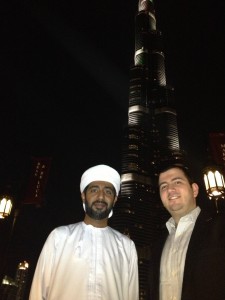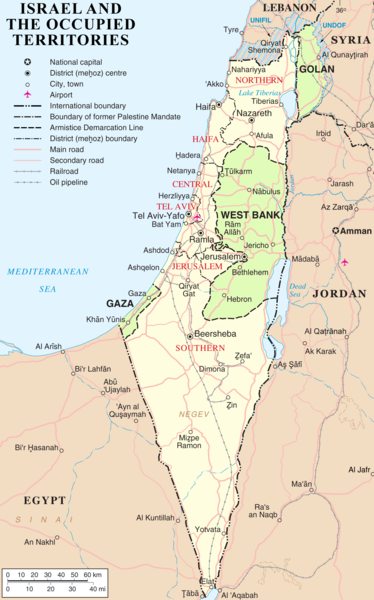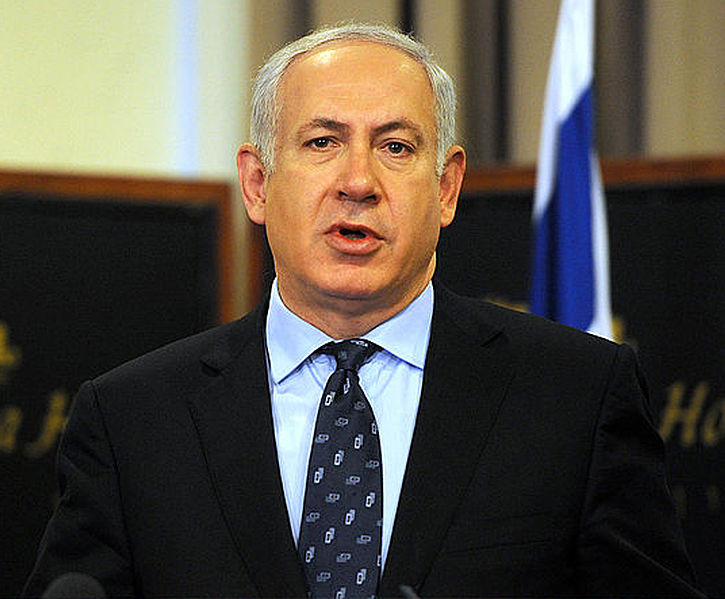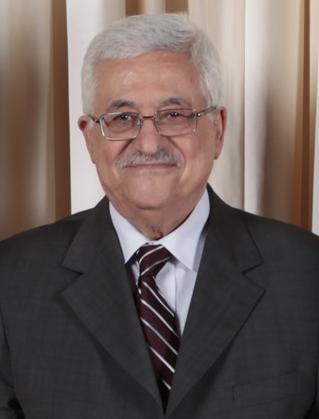After over a year’s worth of preparation on the part of nearly every country on earth, today the WCIT conference fell apart, with the U.S., Canada, UK, and other countries refusing to sign the new International Telecommunication Regulations (ITRs). They all had good reason to not sign.
Never fear! The Internet is still here and open for business. Treaties have failed before and yet the world goes on.
This treaty-
- put into play regulation of Internet Service Providers (ISPs), and would have required governments to impose international obligations on them.
- attempted to add claims about human rights,
- challenged the role of the U.N. security council, and whether U.N. sanctions could apply to telecommunications.
- went headlong into cybersecurity and spam, without any real basis or understanding for what it would mean to do so.
- worst of all ran headlong into Internet governance, challenging the flexible approach that has grown the network from nothing to 2.5 billion people.
This was never going to be an easy conference. It has been clear for many years that the developing world has very different views from the developed world, and the views of Russia, China, and Iran are quite different from those of the U.S., Canada, and Europe. In the end, the gulf between these worlds was too great.
I extend my sincere thanks to those who spent many tireless hours in Dubai in defense of the Internet. A partial list includes Markus Kummer, Sally Wentworth, Karen Mulberry, and Leslie Daigle of the Internet Society; Chip Sharp, KY Hong, Hosein Badran, and Robert Pepper of Cisco Systems; Adam Gosling of APNIC; Patrik Fältström of NetNod; Phil Rushton of BT; Mike Blanche, Sarah Falvey,and Aparna Sridhar of Google; Tom Walsh of Juniper; Anders Jonsson of the Swedish Administration; Dr. Richard Beaird, James Ennis, Vernita Harris, Ashley Heineman, Joanne Wilson, Franz Zichy, and many others from the American Administration; and Dr. Bruce Gracie, Avellaneda, and Martin Proulx from the Canadian administration.
These people spent many weeks away from their families, both in Dubai and in preparation. This was not the result they were hoping for.
A special thanks to Vint Cerf, who travels the earth to keep the Internet bringing communications to all.


 While there has been very little news of formal progress between the Israelis and the Palestinians, until this week there had been modest informal improvements day to day in the West Bank, at least. Why now, then, did Hamas decide to escalate in southern Israel? The answer can be found in the protests occurring in Egypt, and the new government of
While there has been very little news of formal progress between the Israelis and the Palestinians, until this week there had been modest informal improvements day to day in the West Bank, at least. Why now, then, did Hamas decide to escalate in southern Israel? The answer can be found in the protests occurring in Egypt, and the new government of  By escalating the violence, Hamas hopes to elicit a reaction from Israel that would stoke people in Egypt to press Mr. Morsi to abrogate
By escalating the violence, Hamas hopes to elicit a reaction from Israel that would stoke people in Egypt to press Mr. Morsi to abrogate  This fits a pattern that the Palestinians have been attempting for the last year: rather than come back to the table, they would prefer to see international pressure exerted on Israel, and the more the better. Firing rockets toward Jerusalem has therefore pushed the government of
This fits a pattern that the Palestinians have been attempting for the last year: rather than come back to the table, they would prefer to see international pressure exerted on Israel, and the more the better. Firing rockets toward Jerusalem has therefore pushed the government of  In the meantime, Palestinian Authority President Mahmoud Abbas has had to cut short his world tour, where he has pushed the countries to elevate the status of Palestine to observer state. This has many implications in both political terms and International legal terms, and would represent an attempt at an end run around a bilateral solution. It would provide Palestinians legal claims to sovereignty of their territory. Those claims would do the Palestinians little good in the short term, as Israeli tanks roll across Gaza, and all for the veiled hope that they will somehow come out better (and Israelis worse) thanks to Egypt coming into a war on their side, perhaps bringing others with them.
In the meantime, Palestinian Authority President Mahmoud Abbas has had to cut short his world tour, where he has pushed the countries to elevate the status of Palestine to observer state. This has many implications in both political terms and International legal terms, and would represent an attempt at an end run around a bilateral solution. It would provide Palestinians legal claims to sovereignty of their territory. Those claims would do the Palestinians little good in the short term, as Israeli tanks roll across Gaza, and all for the veiled hope that they will somehow come out better (and Israelis worse) thanks to Egypt coming into a war on their side, perhaps bringing others with them.